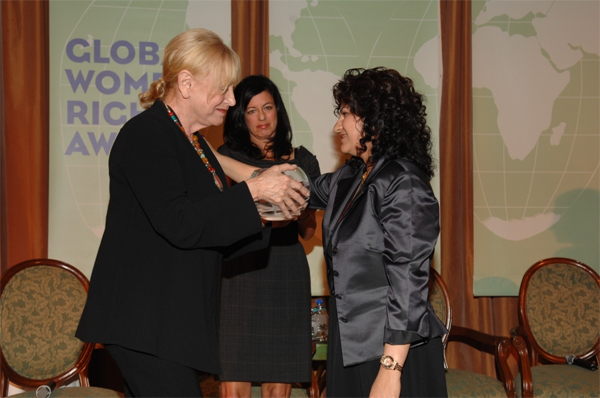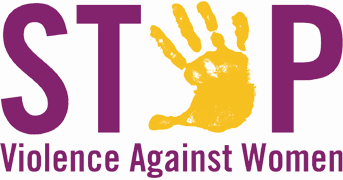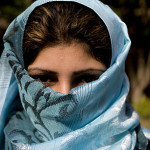Baghdad, Iraq (CNN) — At one of Baghdad’s two female juvenile prisons, the young Iraqi girls live in limbo, sadness and desperation permeating every aspect of their interrupted lives. Some face punishment for prostitution. Others are charged with ties to terrorism. And then there are the victims, also behind bars.
Fifteen-year-old Zeina’s sad journey to prison began two years ago when she says was sold into sex slavery. “My father came and took me to go visit my grandfather in Syria,” says Zeina, “and I went with him.”
The family trip turned out to be a cover story, and Zeina found herself faced with the most horrific possible reality. She says she was then forcefully taken from Syria to the United Arab Emirates and sold into sexual slavery.
But Zeina refused to surrender to such a horrendous fate. And when the opportunity presented itself, she ran away. “I’m proud of myself,” explains Zeina. “I turned myself into the police and decided not to stay in that situation.”
Authorities in Dubai helped her return to Iraq, but more cruelty awaited her in Baghdad. The only way Zeina could make it home was to travel on a forged passport — a very serious crime in Iraq.
After escaping her ordeal, Zeina found herself being prosecuted, rather than being comforted. As punishment, she’s now serving two years in jail. A prison official confirmed her story.
Iraqi women’s rights activists are outraged. “She refused to accept that her body had been sold. So this is how they reward her?” said Dalal Rubaie with the Organization for Women’s Freedom in Iraq, “To put her in jail for two years? Where’s the justice?”
Trafficking is a growing problem in Iraq. Some vulnerable women, desperate to support their families, are tricked into it by accepting fake marriage proposals. Many young girls, their parents facing dire economic circumstances, are just sold outright.
“In some ways, their fate is worse than death,” explained Samer Muscati from Human Rights Watch. “Once they’ve been trafficked, there’s a stigma even though they’re the victims in this horrific situation. They’ve been exploited and they’ve been trafficked to another country with no real recourse.”
According to Muscati, even if the girls do manage to escape the cruelty of their circumstances, it will be very difficult for them to escape the judgment of their families.
“When they do come back to Iraq, if the family does accept them it’s very difficult because they’ve brought great shame to the family, they’re subjected to honor crimes. And we’ve come across cases where young women have preferred to stay in prison or custody than to be released and to face tribal justice,” Muscati said.
Rubaie puts it even more bluntly when discussing what little future awaits trafficked girls who manage to return home.
“I’m sure the girl’s family won’t take care of her,” said Rubaie. “I’m sure that neighbors and relatives and society will judge her, they’ll know that the girl had been a prisoner and the family will be ashamed of her.
“I’m sure they won’t let her travel. I’m sure she won’t be able to complete her education, if she had been studying. Or they will force her to marry a cousin so they can exert control over her. Any cousin. They’ll end her life.”
A sense of injustice pervaded every story told by the prisoners. Some inmates had actually discovered they were to be trafficked and tried to stop it.
When Fatin found out her father was attempting to sell her, she immediately sought help from the law.
“I ran away from Najaf and escaped to Baghdad where I found my mother and asked her if she knew what my father was planning,” says 22-year-old inmate Fatin, “So she took me to court in Baghdad, we got a lawyer and brought a case against my father.”
Months passed and the lawsuit was never heard. While awaiting justice, Fatin says her father raped her. After the attack, she killed him, was tried, and is currently serving the fifth year of a 15 year sentence.
Muscati, who’s studied trafficking extensively in Iraq, can’t understand why Iraqi officials aren’t doing more to stop it.
“Why is the Iraqi government not prosecuting the traffickers?” Muscati asked. “There hasn’t been a case of prosecution against a trafficker that we’re aware of. Why is the Iraqi government not passing a law to make it more difficult for trafficking?”
At 22, Fatin, like several of her fellow inmates, is too old to remain in a juvenile facility. She’ll soon have to serve out the rest of her term in a prison for adults, a much harsher environment.
Qassim Abdul Ameer, warden of the juvenile prison, is worried for Fatin and other inmates in the same situation. “Of course she will find it difficult there,” Abdul Ameer says about Fatin, “because the environment will be difficult there. In the adult prisons, they usually take advantage of the younger girls.”
Fatin does fear the transfer, but it’s her eventual release still a decade away that she’s even more afraid of.
“Yes, there is freedom outside,” says Fatin, “but people don’t forgive. They don’t have mercy.”




